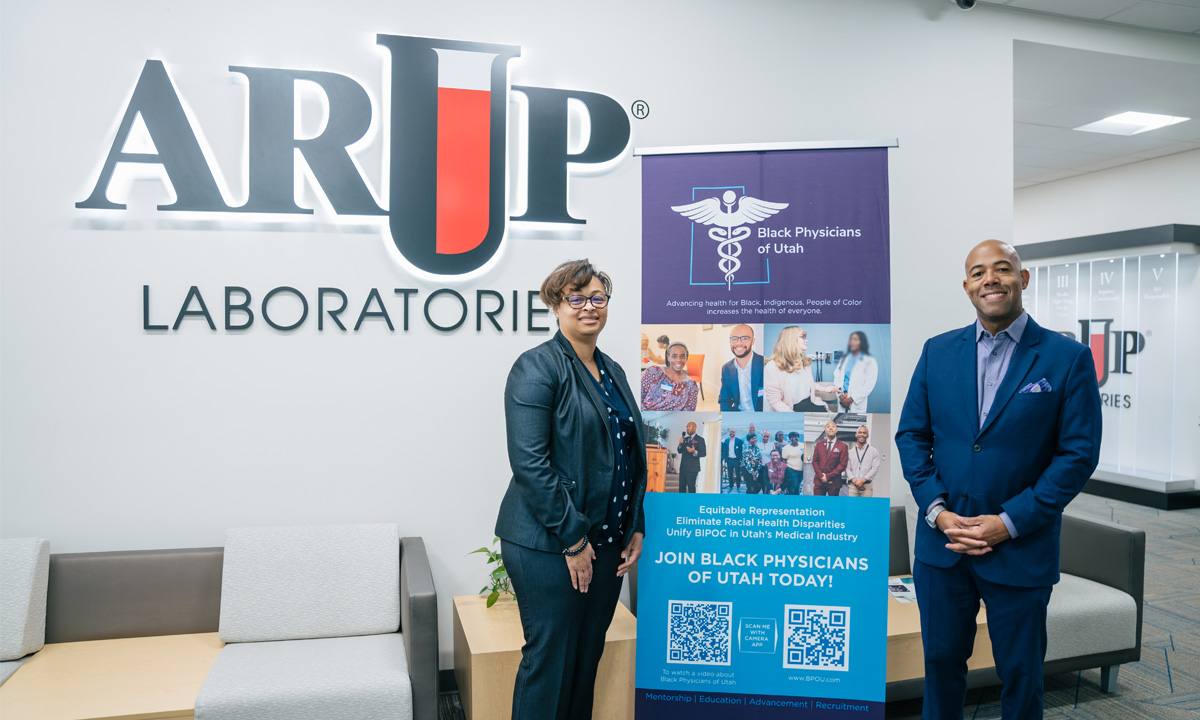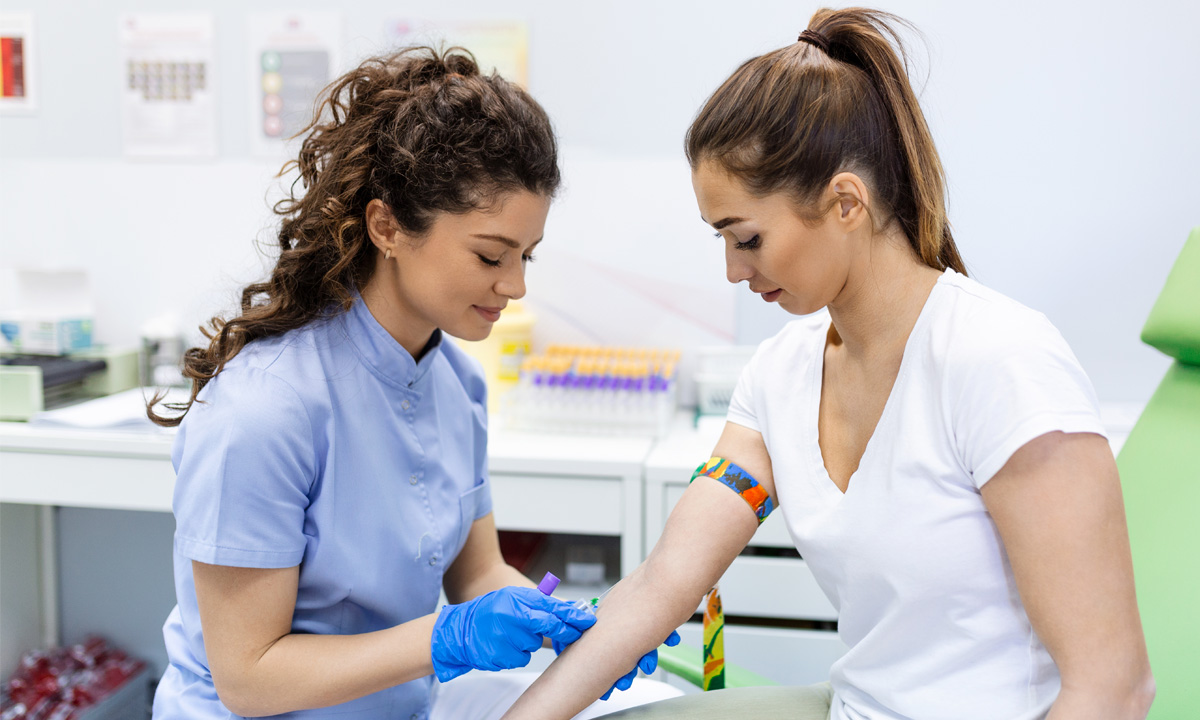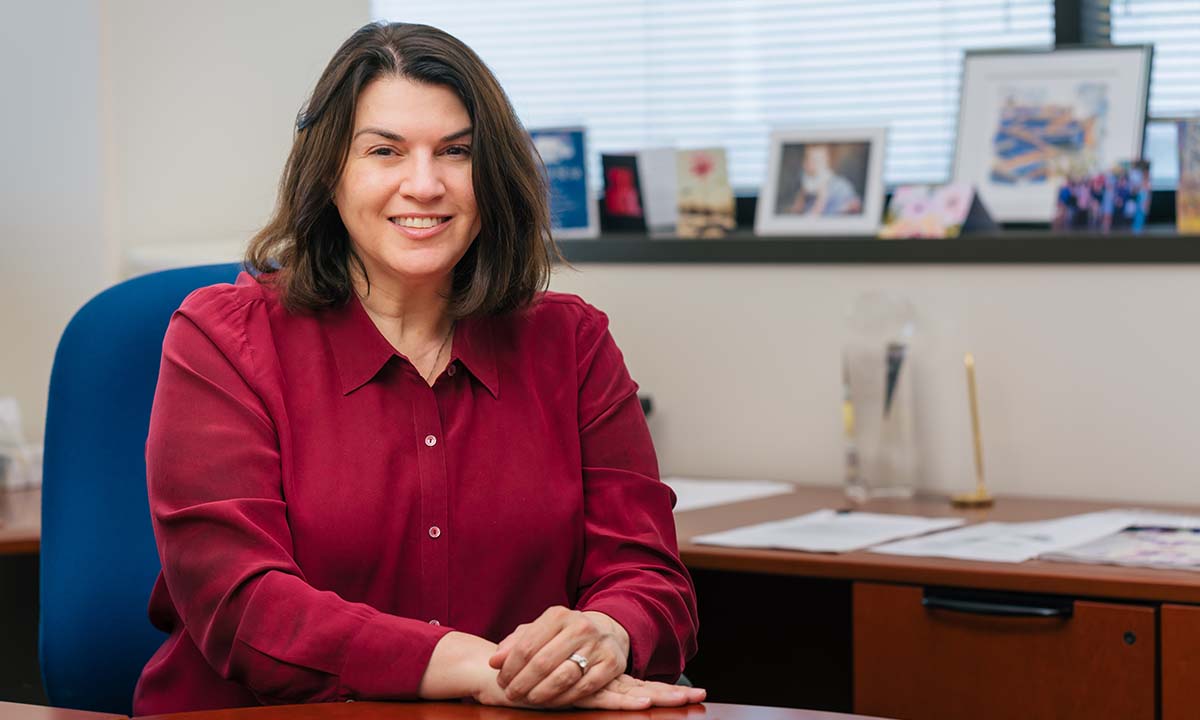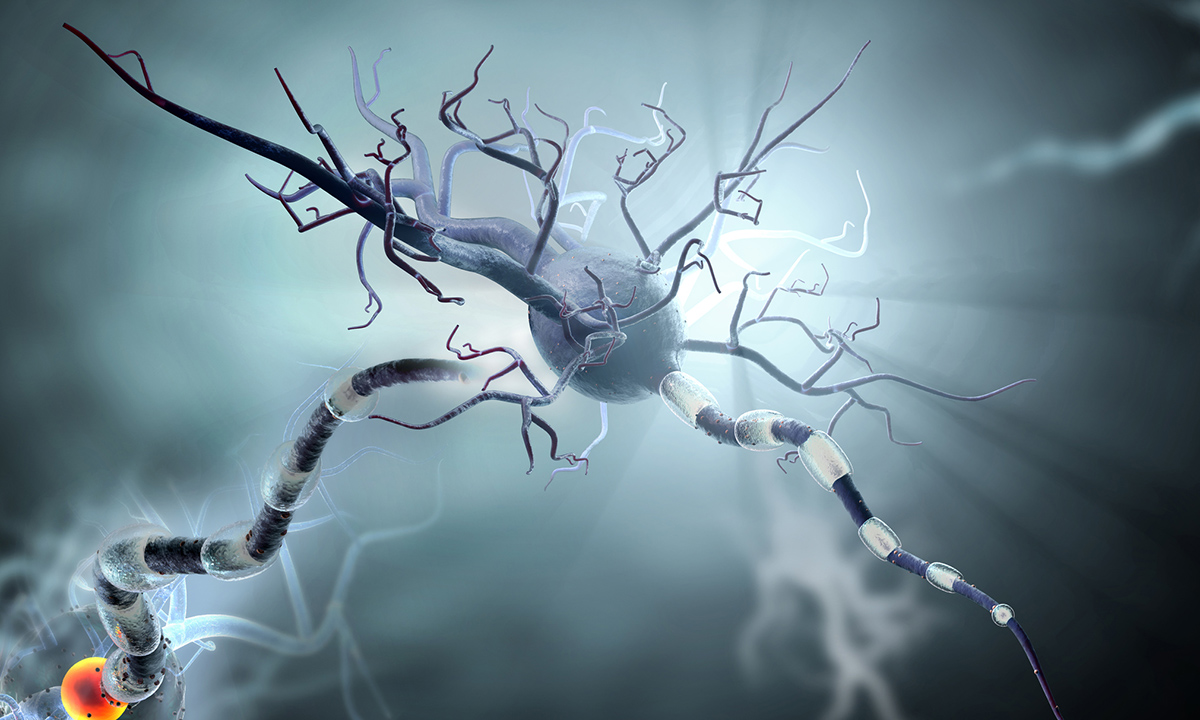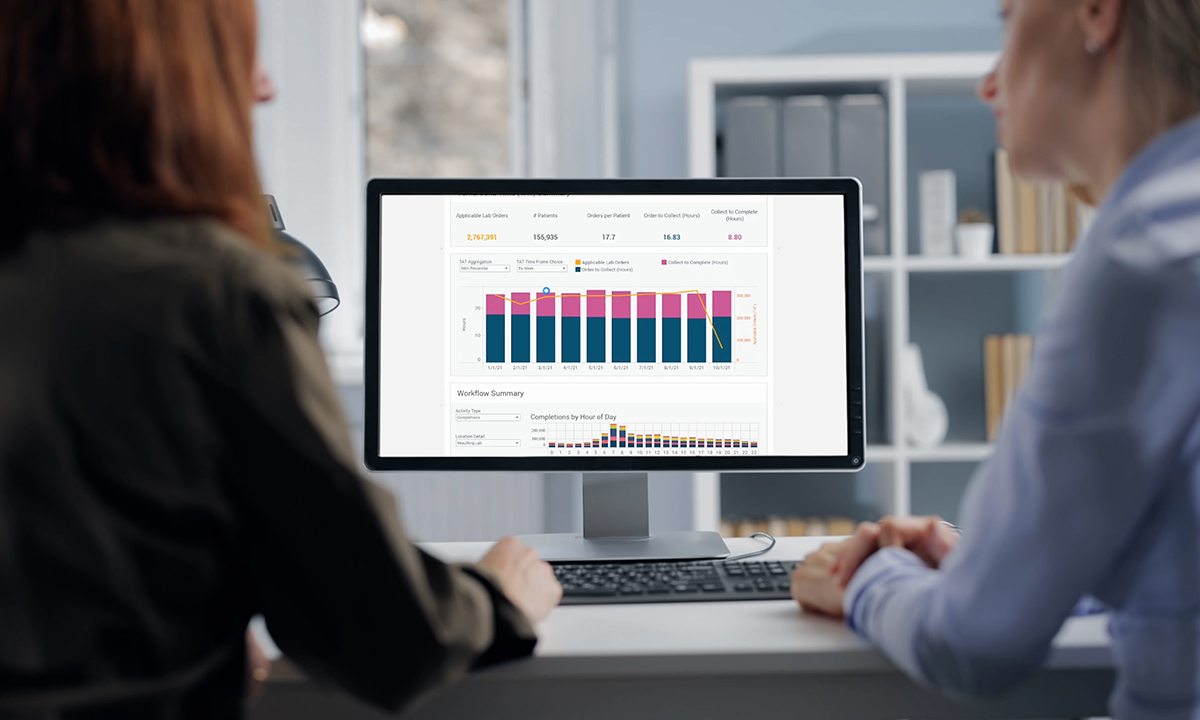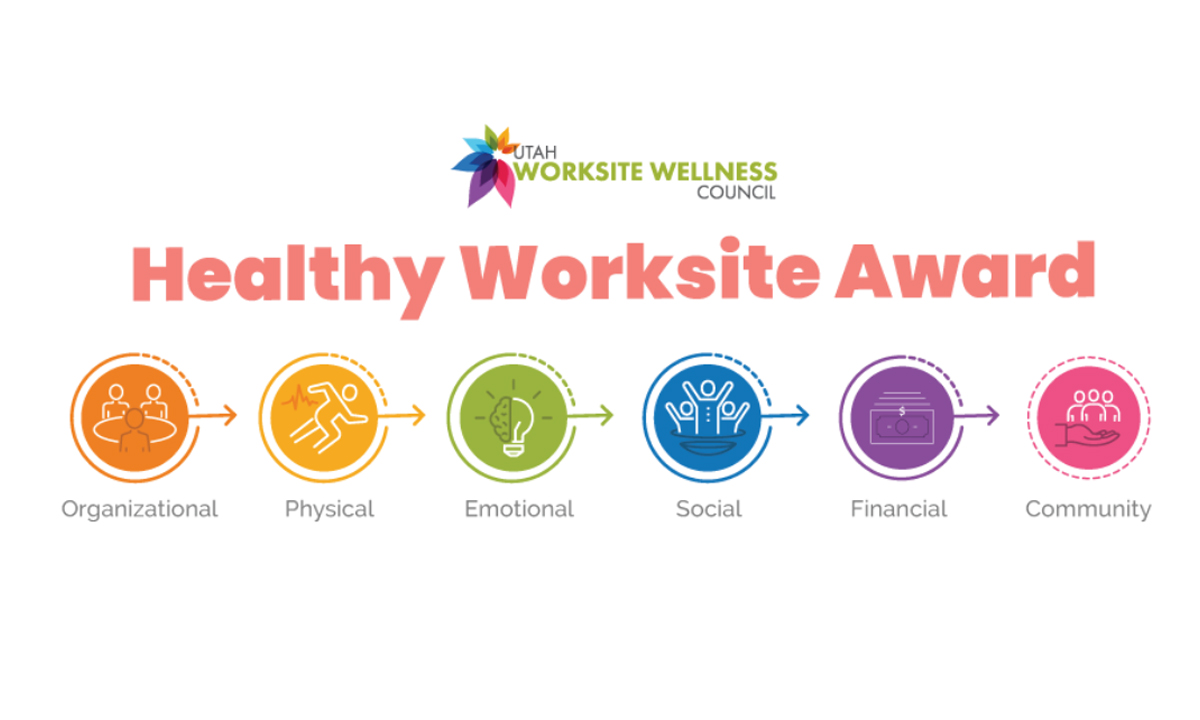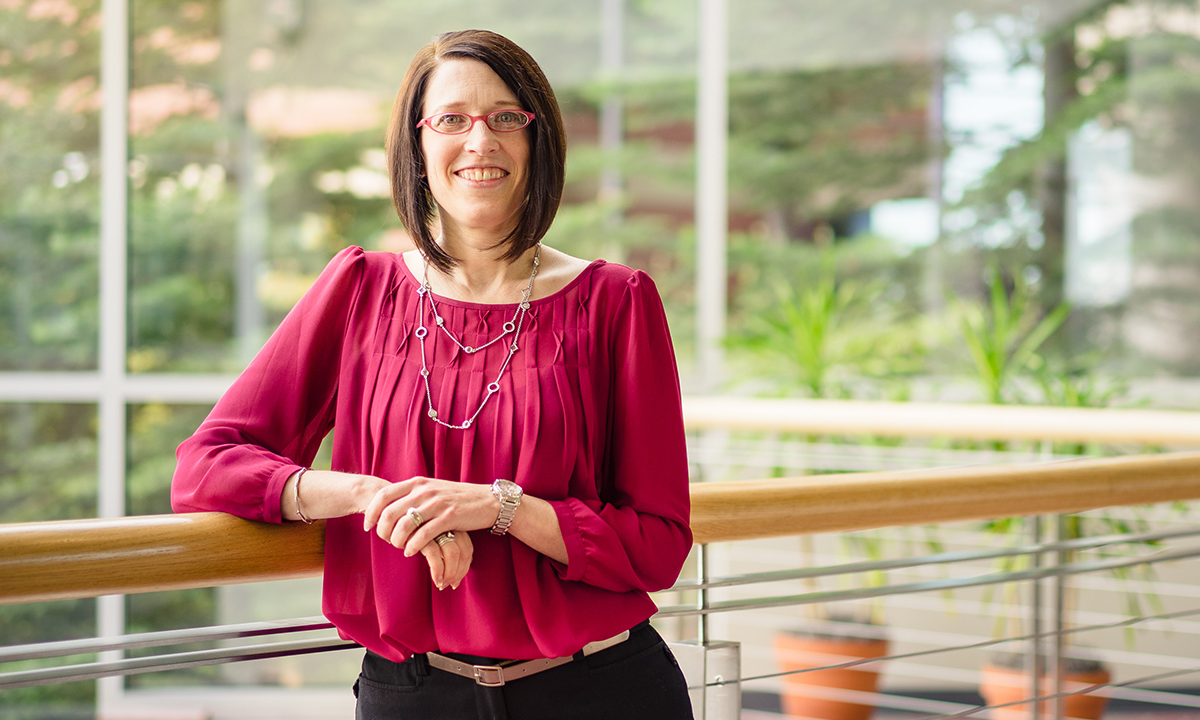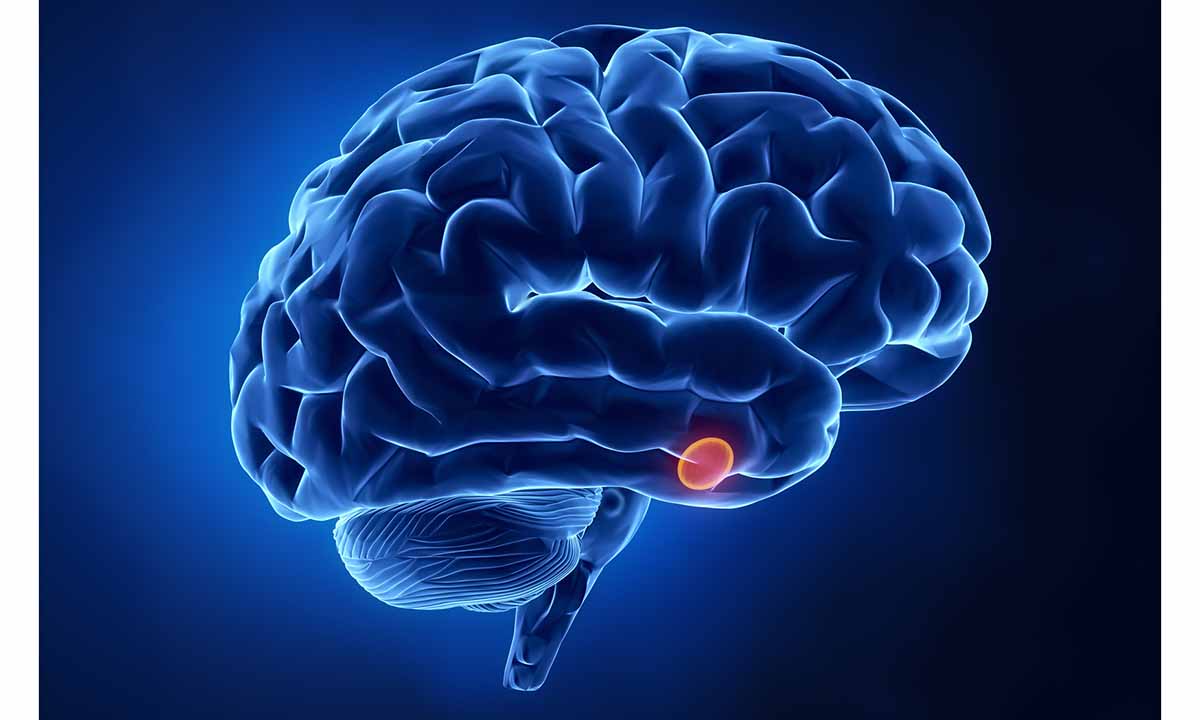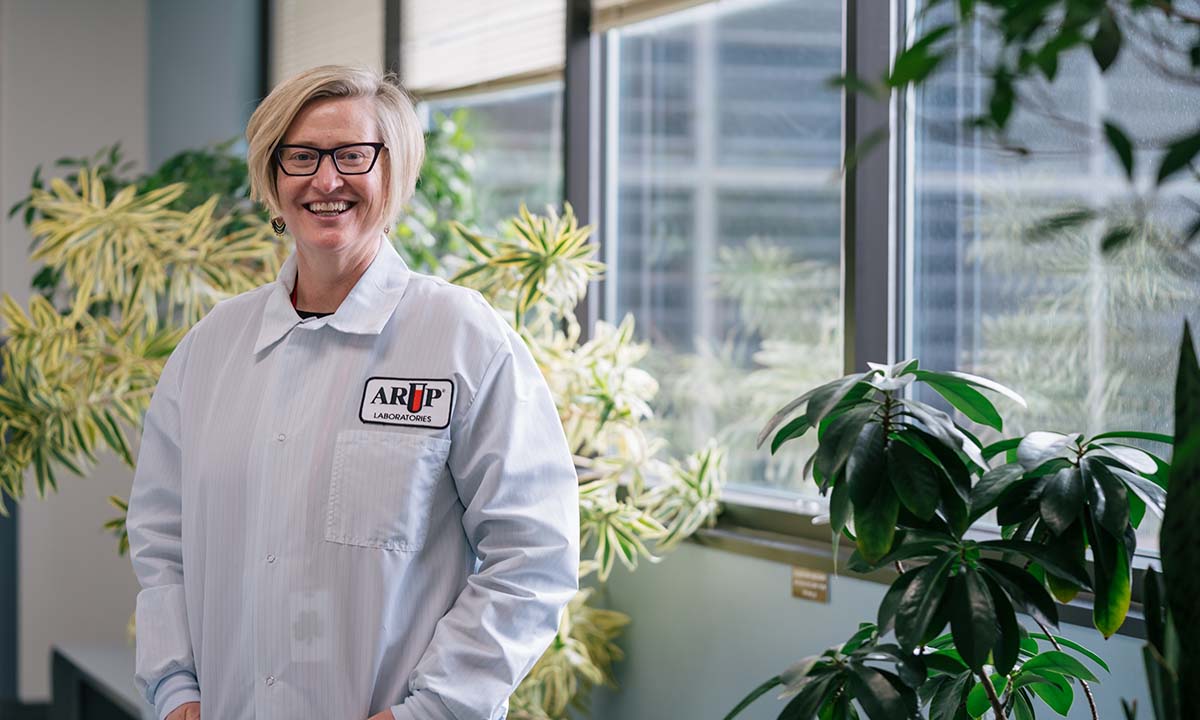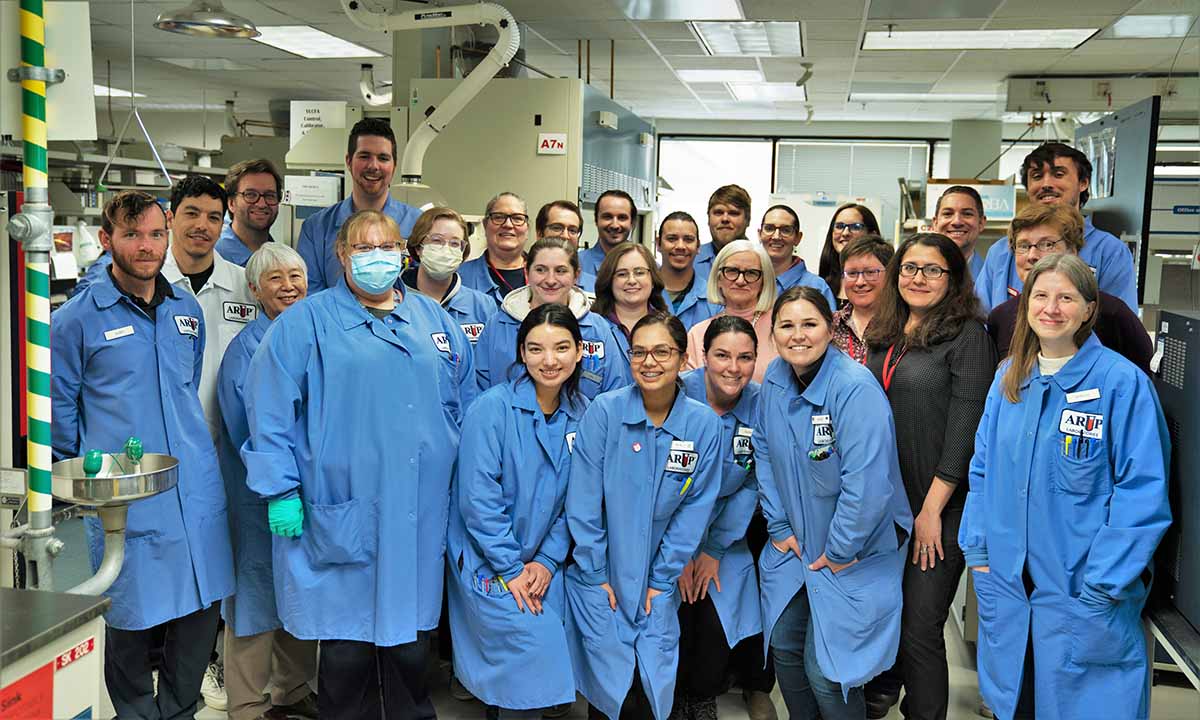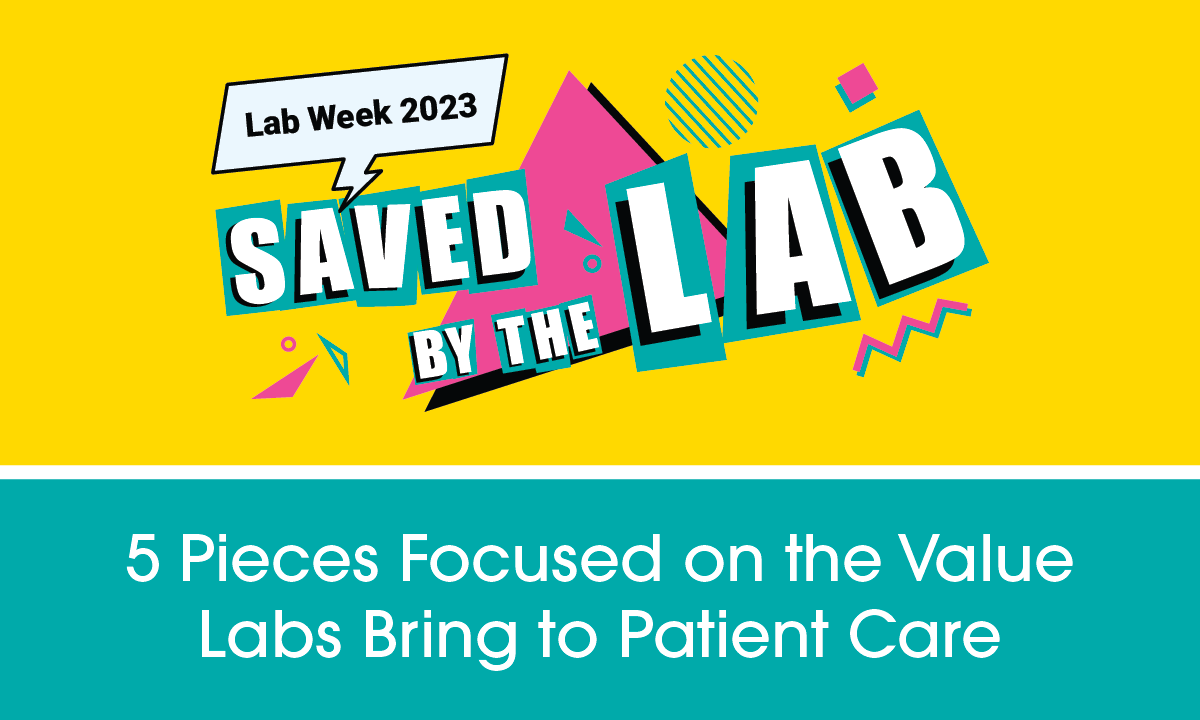Black Physicians of Utah and ARUP recently hosted a Summer Research Day to give undergraduate and high school students a chance to tour labs, meet medical directors, and learn more about lab testing.
Blood donor centers across the country struggle to fulfill hospital demand for blood in the summer. ARUP Blood Services will host three public blood drives this summer to help patients in need.
ARUP’s Clinical Trials and PharmaDx groups supported Blueprint Medicines’ clinical trials that led to FDA approval for AYVAKIT® (avapritinib), a new treatment for indolent systemic mastocytosis.
ARUP Consult Updates Testing Resources for Autoimmune Neurologic Diseases and Newborn Drug Detection
ARUP Consult, a free source of expert guidance in laboratory testing, has updated resources on autoimmune neurologic diseases, drug detection in newborns, and common variable immunodeficiency.
ARUP’s new tool, AnalyticsDx™ Comprehensive, provides cohesive data visualization that clients can use to inform quality improvements and cost-saving measures.
The Utah Worksite Wellness Council recently honored ARUP for its exceptional health and wellness programs with two awards.
ARUP Section Chief Joely Straseski, PhD, will address lab testing for transgender individuals at the 2023 National Transgender Health Summit and the Mountain West Transforming Care Conference.
ARUP Consult, a free source of expert guidance in laboratory testing, has released updated resources on hypopituitarism, diabetes mellitus, and endocrine testing in transgender adults.
ARUP’s new test to detect Candida auris will offer a robust screening tool to help clinical facilities identify patients colonized with the yeast and guide infection prevention measures.
ARUP’s Biochemical Genetics lab performs critical, complex testing to diagnose and monitor metabolic disorders. Every person in the laboratory plays a role in promptly delivering thorough results.
We are kickstarting Lab Week by putting a spotlight on the important role that medical laboratory professionals have in improving and saving patient lives.
Tickborne diseases such as babesiosis are on the rise in the United States and are primarily transmitted during the summer months when ticks are most active.

















